20 Years of Leadership at the Nexus of Policy, Philanthropy and Nonprofit Research
By Susan Wampler

Soon after civic leader and philanthropist Esther Wachtell approached USC about the need for a university-based, research-focused program on her field, The Center on Philanthropy & Public Policy (CPPP) launched in 2000. Its vision was to become America’s premier resource for more impactful giving. Now, 20 years later, CPPP’s leaders and supporters reflect on its major accomplishments and look ahead toward the future.
Over the past two decades, under the leadership of Founding Director James M. Ferris, the Emery Evans Olson Chair in Nonprofit Entrepreneurship and Public Policy at the USC Price School of Public Policy, CPPP’s groundbreaking research has led to innovative strategies and insights, powerful partnerships and new networks of leaders in the field. Dozens of landmark studies document the changing landscape of philanthropy, while case studies showcase what it takes to make lasting change.
“Nobody else was providing the in-depth, sophisticated research that is really important for effective funding decisions,” says Wachtell, who has served on CPPP’s Board of Advisors since its inception. “The Center was very influential, very quickly. It has become the predominant force in the field.”
“Too many philanthropic organizations are unwilling to support robust research initiatives, and I think that’s a mistake,” says Cara Esposito, executive director of the Leonetti/O’Connell Family Foundation and chair of the USC Price School Board of Councilors. “It’s mind-boggling to me the number of foundations that keep doing what hasn’t worked in the past.”
Promoting Strategies for Impact
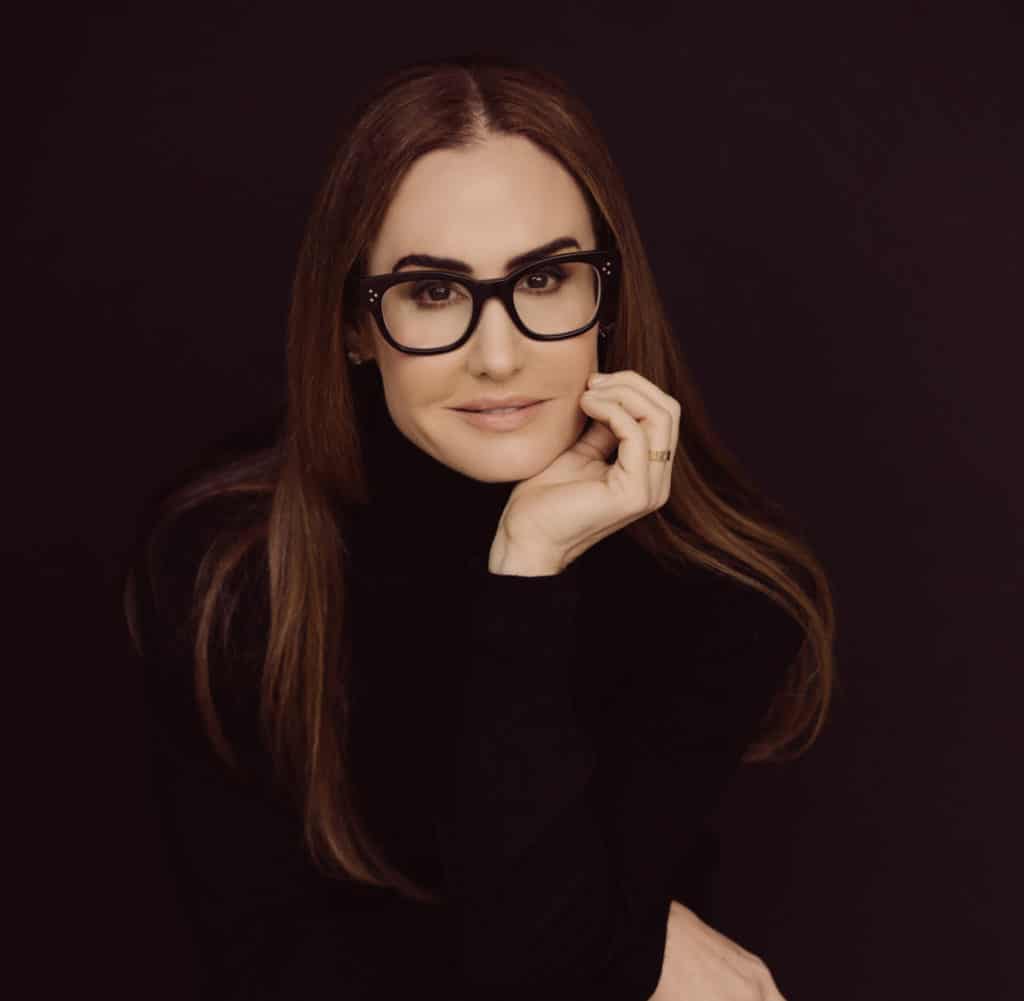
One of the reasons Esposito is so committed to CPPP’s work to “document the challenges and successes of the field in a robust, academic, deeply thoughtful way” is because real lessons and best practices emerge – and, most importantly, can be replicated.
“Other programs focus on why people give,” Ferris says. “We’re much more focused on the strategies for impact and how you make a difference.”
Esposito first encountered Ferris when she took the helm of her family’s foundation after nearly a decade as a district attorney. She reached out to Ferris for advice, quickly became immersed in CPPP’s work and enrolled in the Master of Public Administration program. “I went to Price because of the Center and because of Professor Ferris,” Esposito adds.
She since earned her Doctor of Policy, Planning and Development from USC Price. To this day, Esposito still relies on CPPP’s research, resources and convenings of key philanthropists and policymakers that catalyze action. “The Center is kind of everything,” she says.
“It has a tremendous wealth of research to draw from. It offers individual support from, in my opinion, one of the most knowledgeable and nationally recognized experts in philanthropy. It also provides opportunities to network with people who, in my wildest dreams, I don’t think I would ever meet with otherwise,” she adds of CPPP’s Distinguished Speakers Series and Conversations on Philanthropy.
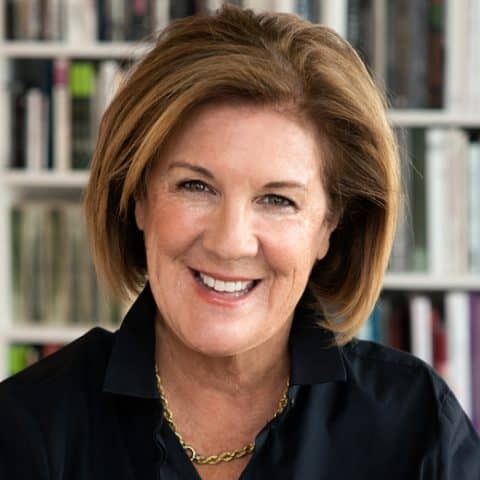
Cinny Kennard
(Photo courtesy of CPPP)
Annenberg Foundation Executive Director Cinny Kennard echoes that sentiment. “I can’t think of another mechanism in the country that joins philanthropic partners together as effectively,” she says. “The Center enables us to test out ideas, draw up plans and set objectives. It promotes best practices in philanthropic management. Partnerships that might not have occurred otherwise have happened because of the Center.”
Engaging Policymakers
In one of its biggest areas of impact over the past 20 years, CPPP has brought to light the advantages of the philanthropy and nonprofit sector collaborating with government and business. It continues to examine the different structures for combining, aligning and blending resources across the sectors, and connecting the work taking place on the ground in the community with public policy choices and market forces.
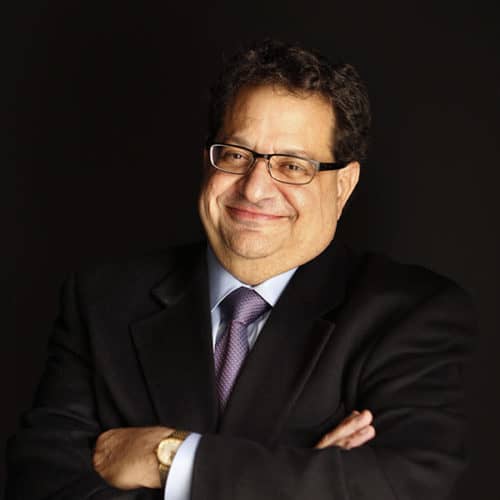
“A lot of what we do is at the intersection between philanthropy and government,” Ferris notes. “It can be working from the outside, trying to affect the policymaking process, or actually working from the inside as a partner to government.”
Ferris authored a landmark report on strategic partnerships between philanthropy and government that he presented at the White House before a gathering of officials from agencies including the Department of State and Housing and Urban Development, as well as National Security staff.
“I love reading papers, but you’ve got to have action attached to that research,” says Ford Foundation President Darren Walker. “[T]hat great report that the Center did that finds its way to the White House. … When that happens, that’s real impact. It’s a huge, huge asset for philanthropists.”
“Collaborations, particularly those that span across sectors, are not easy, but the Center’s research has found that offices of strategic partnerships offer the potential to catalyze and accelerate meaningful efforts to make positive change,” Ferris says. He has also spoken on Capitol Hill about the Center’s research on place-based initiatives, which tackle concentrated poverty on a manageable scale by infusing resources into specific low-income neighborhoods.
Closer to home, CPPP research informed the creation of a position in California Gov. Gavin Newsom’s administration devoted to connecting nonprofit organizations with the state government to address critical issues. CPPP also worked with that same senior adviser on social innovation in orchestrating the state’s first Philanthropy Summit, held at the governor’s mansion in January 2020. At that inaugural event, Newsom discussed priorities with 50 philanthropic leaders from across the country.
Building Leadership Networks for Action
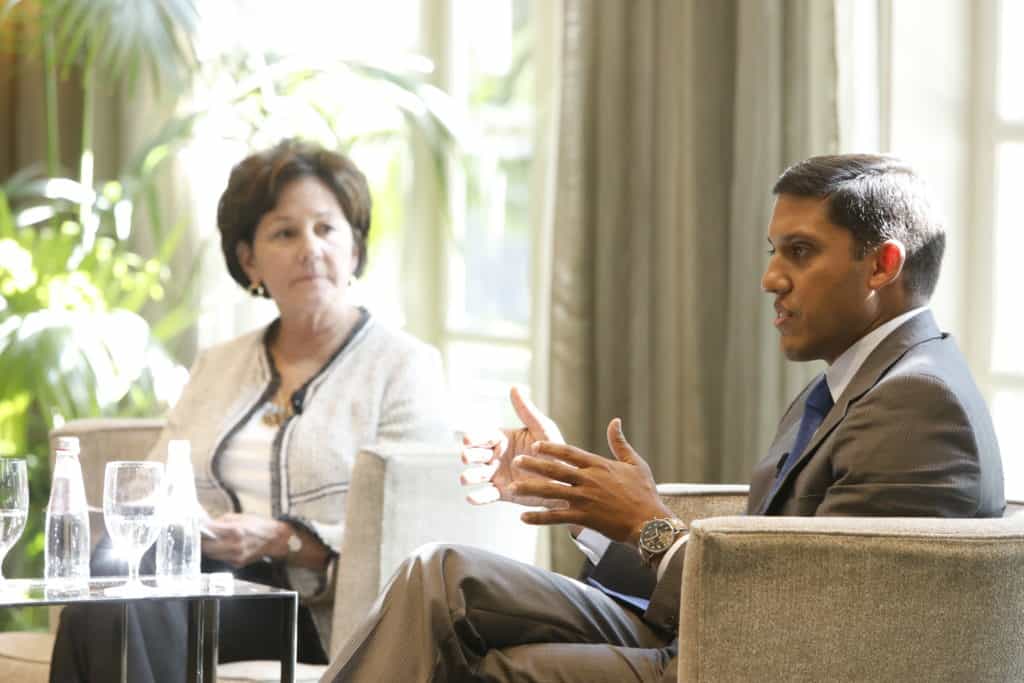
(Photo by Steve Cohn)
CPPP has created a number of peer-leadership exchanges to strengthen philanthropy. For instance, the Los Angeles Foundation Leadership Group is comprised of the presidents of 14 of the leading Los Angeles Focused foundations. Working with CPPP for the past 18 years, the group provides a unique opportunity for learning and information sharing, as well as fostering collaborative efforts in the field, including partnerships with local government.
The governor’s Philanthropy Summit included members from the CPPP-organized California Executive Roundtable on Philanthropy and Equity, composed of 16 philanthropic leaders from across the state with a focus on equity. Since the COVID-19 pandemic struck, they have met remotely each month, and these virtual gatherings have led to substantial support for the social movement for racial justice through a pooled fund and aligned giving.
“The Center plays an important role in improving the effectiveness of philanthropy, strengthening the nonprofit sector, furthering the conversation of leaders from across all sectors, and undertaking essential research that advances community problem-solving,” says Fred Ali, president and CEO of the Weingart Foundation, which worked with CPPP to establish the roundtable. Ali also chairs CPPP’s Board of Advisors.
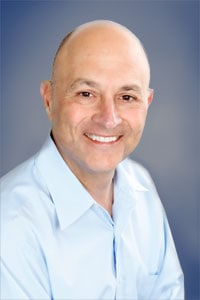
(Photo courtesy of CPPP)
Advancing the Future of Philanthropy
“Philanthropy is so much different today than it was when we started,” Ferris says, adding that CPPP is in the process of publishing a set of papers highlighting two decades of changes in the field. Looking to the future, Ferris says that CPPP will conduct a whole series of work on philanthropic leadership across the full spectrum of the sector – from individual donors to foundations – “it is the next frontier for greater impact.”
This effort will build on CPPP’s Irene Hirano Inouye Philanthropic Leadership Fund, launched in 2016 to support research and programs to explore foundation leadership as it works to solve society’s most pressing problems. The fund honors the late Irene Hirano Inouye, former chair of the boards of both the Kresge Foundation and the Ford Foundation, and a two-time USC Price graduate who served on CPPP’s board.
Meanwhile Ferris and his team will continue their other rigorous, relevant research as well as convenings of leaders to inform, inspire and connect. “From the beginning, I’ve always thought that the most powerful thing that we are doing is unifying the field, bringing us together, providing us with research that is always the stimulus to a conversation and a learning opportunity,” Wachtell says. “Now, 20 years later, needs have changed and philanthropy has changed, but the Center is still on the cutting edge.”
Related faculty

James M. Ferris
Professor
Vice Dean for Faculty Affairs
Emery Evans Olson Chair in Non-Profit Entrepreneurship and Public Policy
Director, Center on Philanthropy and Public Policy